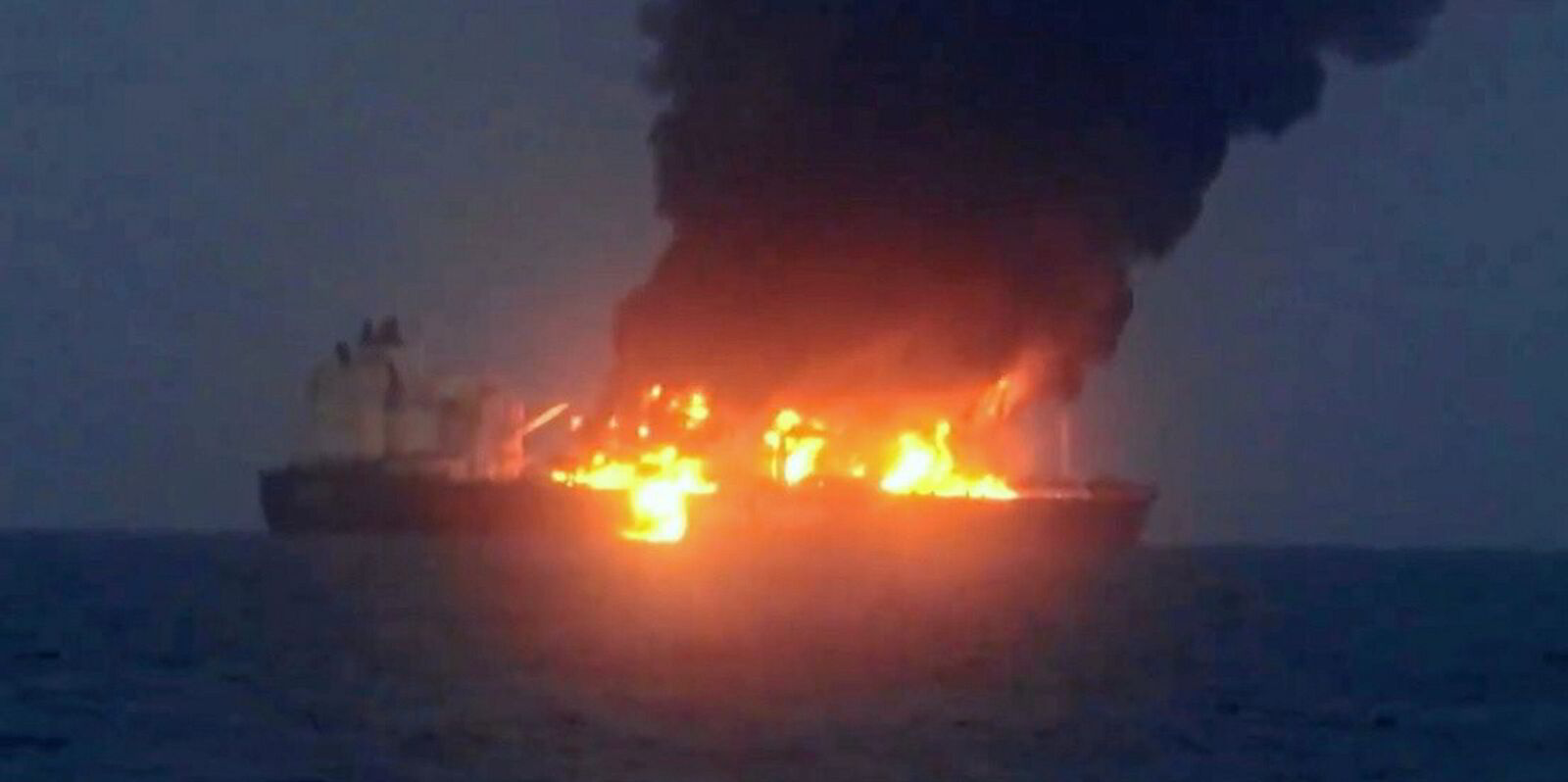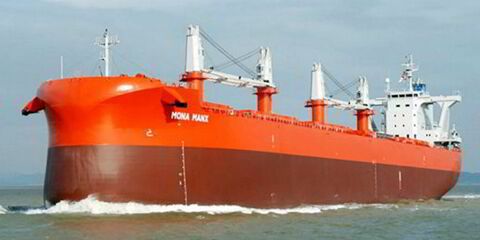Banks that are part of the Poseidon Principles are reported to be considering curbing lending to shipowners who put their crews at risk.
Executives at eight banks, including ING and Citigroup, plan to meet from October to discuss how to track clients’ commitments to safety, reported the UK’s Financial Times.
Stephen Fewster, head of shipping finance at ING, told the financial daily: “Can you imagine sailing down the Red Sea, not knowing if you’re going to be hit by a missile?”
“The crew members are coming from typically low-income backgrounds. It’s not like they have the luxury of saying: ‘I’m not going. They have families to support’.”
Fewster, who was re-elected as the treasurer of the Poseidon Principles earlier this year, will chair the meetings between banks that also include ABN Amro, UBS, DNB, Nordea, SMBC Bank and SEB, the FT reported.
Some shipowners have continued to transit the Red Sea despite attacks by Yemen’s Houthi militants, including the latest victim of the attacks, the Delta Tankers-operated 163,759-dwt suezmax Sounion (built 2006).
TradeWinds reported over the weekend that a video had emerged showing a devastating blast on the tanker, raising the threat of a major environmental disaster in the Red Sea.
Fewster, who is also a non-executive director of ship manager Wallem Group, told the FT that, although some shipowners are contractually obliged to go where customers tell them to, ING would be concerned about any that chose to sail through the danger zone near Yemen.
“No one wants to be financing a company where crew are being frequently injured,” he added.
TradeWinds has contacted Citigroup for comment.
A total of 35, predominantly, Western banks have signed up to the Poseidon Principles. They claim to jointly represent approximately 80% of global shipping finance.
Up to now, the initiative has focused on acting as a global framework for assessing and disclosing the climate alignment of financial institutions’ shipping portfolios.





